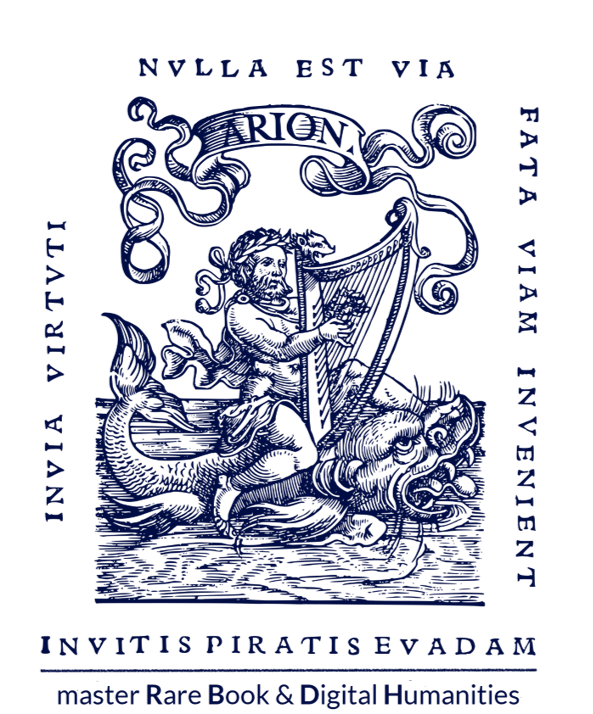Throughout this Master’s program, I gained knowledge in bibliography, which significantly broadened my understanding of the field. I studied various aspects of the book as an object, from printing techniques to typesetting, binding structures, and materials. Additionally, I encountered the complexities of ancient Greek and Latin. These languages were more intricate than I had imagined, which deepened my respect for their structure and my admiration for those who dedicate themselves to mastering them.
I also acquired technical skills I hadn’t anticipated, such as proficiency in XML, HTML, SQL, Python, and AI technologies. This immersion in digital content creation, including building websites and e-books transformed my outlook on technology. Previously, I found digital tools intimidating, but I now see their value as powerful, complementary assets for research in the humanities. For example, I can analyze manuscripts manually or use AI tools like Teachable Machine and Transkribus to accelerate and refine my research process.
This program has shown me that technology doesn’t have to be daunting. I’m grateful for these new skills, which have not only expanded my knowledge, but also my ability to contribute to the evolving field of digital humanities.


